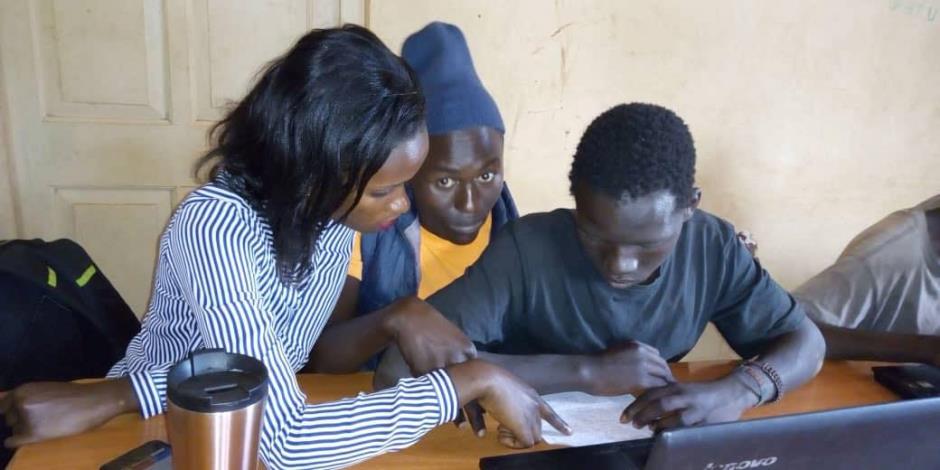Children who have made unwise choices need to be loved and nurtured in a supportive environment not exposed to the brutalising effects of incarceration. – Lis, UK
September’s inequality debate questioned whether it is appropriate for children and youth to be sentenced to jail. The question challenged the well-established means of punishment for children who have committed crime in Uganda. The discussion saw the emergence of sensitive but interesting opinions relating to rehabilitation, brutalisation and children’s rights.
Some had the opinion that children found guilty of committing crime should be sentenced:
Children have bad behaviours, so they commit offences and in the long run are sentenced to jail. Some children do not want to go to school, so they are sentenced to jail by right authorities. Children do not want to work and resort to street life which is not good, police finds them and sentences them to jail – Mustafa, Uganda.
Some children don’t want to respect the elders so it is ok to jail them so that they can learn. – Masibo, Uganda.
Despite this, the general consensus was much more sympathetic to children who find commit crime. Many reached the conclusion that subjecting children to jail time is more likely to exacerbate their negative behaviour, rather than fix the problem. Sentencing the youth to jail was seen as reactive rather than preventative.
Children need to be counselled instead. In most cases they do things because of influence, and looking for survival – Faisal, Uganda.
If they are taken to jail do you think it will change their behaviour? I am not sure that jail works for that – it just locks people away but doesn’t deal with why they did the behaviour in the first place. – Nicola, UK.
The traumatising impact that time spent in jail can have on young people was also highlighted by worldwide contributors to the debate.
It would be much better to try and rehabilitate them. Putting them in jail will teach them the wrong behaviours from the wrong types of people – Gabriel, France.
Many chose to encourage Governments to do more in rehabilitating young people rather than punishing them with jail sentences. Whether jail time helps to reform a person, or endangers disillusionment with society, is a key element to the discussion. How well a young person can re-integrate into society was another important factor for those sharing opinions.
Never – all you do is create criminals in jail. – Steve, UK
They are not supposed to be sentenced to jail they need forgiveness because no body commits crimes when you forgive them they can change their behaviours. – David, Uganda.
Some began to think about alternatives to jail:
 Juvenile detention centres not prison with adults so as to get children support services. – Frank, Kenya.
Juvenile detention centres not prison with adults so as to get children support services. – Frank, Kenya.
Many interesting thoughts were raised during this month’s inequality debate. I would encourage you to have a look at the full discussion here.
The general consensus was more thought needs to be given to the benefits and drawbacks of sentencing children to jail time.
The inequality question project helps children on the streets to have their voice heard and engage in meaningful conversation around some key topics in our society, and chosen by children in Uganda. They would love to hear from as many people as possible. So please consider getting involved in next month’s debate!





0 Comments